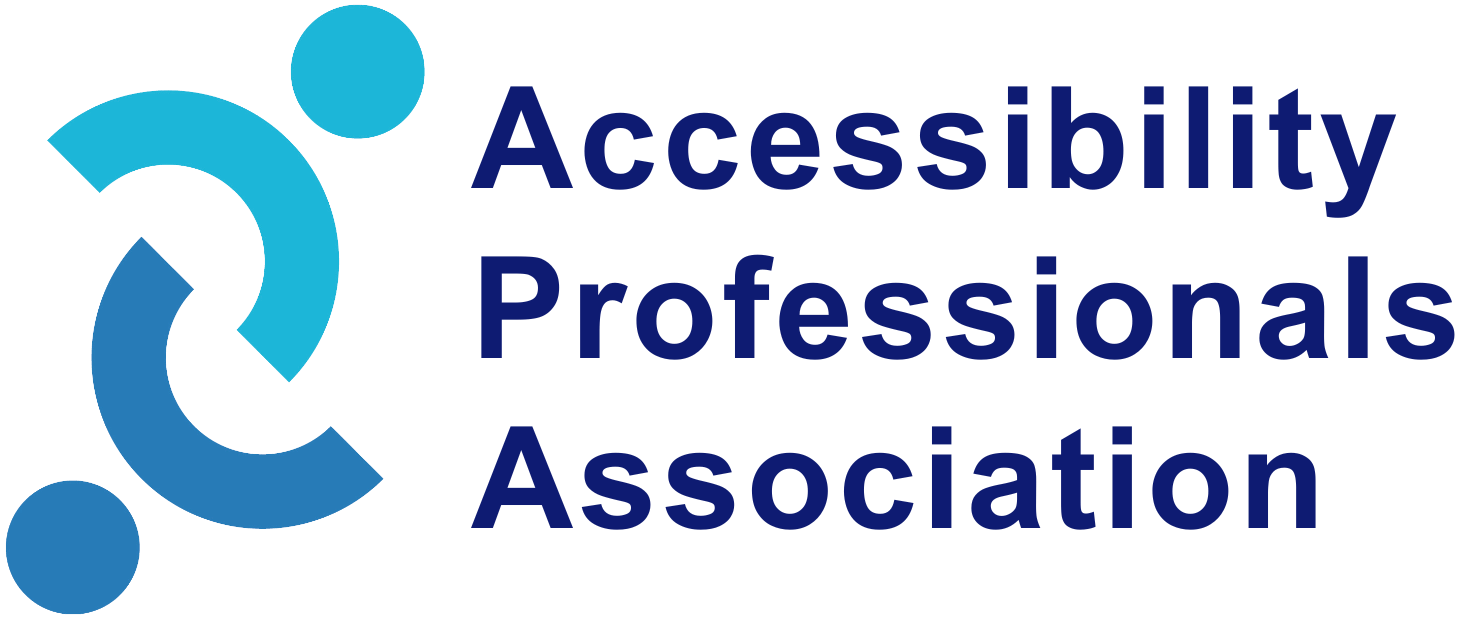ADA Top 5: Basic Requirements That May Be Overlooked
8:00 - 9:00 a.m.
Speakers
Summary
(1 HR, APAC-BE #151 1 CEU, ACTCP 1 Elective, AIA/CES #APA 338 1 LU|HSW, ICC 47486 .10 CEU) When working on a project, designers may quickly jump to sections of the ADA Standards related to the particular space in question: Chapter 6 for bathrooms, Chapter 8 for transient lodging. But the ADA Standards must be viewed as a whole when determining all of the requirements that may be applicable when designing a site or facility. We will look at some of the most basic requirements, including requirements for general scoping, alterations, operable parts, protruding objects, and accessible routes, which may be overlooked when we are tempted to focus on the specifics instead of the general.
Accessibility 101
9:05 a.m. - 10:05 p.m.
Speakers
Summary
(1 HR, APAC-BE #128 1 CEU, ACTCP 1 Elective, AIA/CES #APA 309 1 LU|HSW, ICC #47769 .10 CEU)
Understanding the basic laws and technical requirements for accessibility is fundamental to a firm foundation upon which to grow your understanding of accessibility requirements.
In this program we'll look into the accessibility related requirements from the federal ADA and IBC/ANSI A117.1 standpoints, beginning outside the building and working our way in.
And we may touch on what to look out for in the future.
Tech Talk: Ambiguity in Accessibility Requirements
10:10 - 11:10 a.m.
Speakers
-
Matt Lescher
-
Jim Safranek
Summary
(1 HR, APAC-BE #144 1 CEU, AIA/CES #APA 327 1 LU|HSW, ICC #47770 .10 CEU)
This course explores ambiguity in accessibility requirements. We will learn how to identify ambiguity in sentence structure and conflicts between illustrations and written words. We will look at examples of regulatory language, published commentary, and design guides released by regulatory and advisory agencies. We will review critical thinking and problem-solving strategies to better understand accessibility requirements. We will also understand the important role of advocacy. Accessibility professionals have an opportunity to participate in public comment periods, advocate for removing ambiguous language, and encourage the most effective and clear language.
Exploring a Code of Ethics for Accessibility Professionals
11:15 a.m. - 12:15 p.m.
Speakers
-
Nanette Odell
-
James Terry
Summary
(1 HR, APAC-BE #135 1 CEU, ACTCP 1 Elective, AIA/CES #APA 318 1 LU, ICC #47771 .10 CEU)
As the profession for accessibility specialists continues to grow, we are faced with new challenges and risks, both as individuals and as an association. Confidentiality, conflict of interests, licensure and certification, communications, disclosure, reporting, records retention, and gifts are just a few of the areas that may pose ethical challenges for members. What are the shared values and expectations for professional behavior within our industry? What is the framework that should serve as a professional code of ethics for accessibility professionals? Join this interactive discussion as we dissect the meaning of the word “ethics” and how that applies to accessibility professionals.
Assisted Toileting and Bathing, 2025 Updates
1:15 - 3:15 p.m.
Speakers
Summary
(2 HR, APAC-BE #152 2 CEU, ACTCP 2 Electives, AIA/CES #APA 337 2 LU|HSW, #ICC #47487 .20 CEU)
The current accessibility requirements are based on unassisted use and access to facilities. There is concern that as people age, they may no longer have the strength or stability to toilet and bathe without assistance. This is most prevalent in assisted living facilities, nursing homes, and rehabilitation hospitals. This presentation will review the study that looked at assisted transfer from the viewpoint of both residents and caregivers. We will also review the options for assisted toileting and bathing developed for the International Building Code and ICC A117.1 Accessibility Standard. How these criteria will meet or exceed federal requirements will also be discussed.
Lessons Learned from Recent ADA, Section 504, and Fair Housing Litigation, Expanded Course
3:30 - 5:30 p.m.
Speakers
-
Robert Fine
-
William Hecker, Jr
Summary
(2 HR, APAC-BE #153 2 CEU, ACTCP 2 Electives, AIA/CES #APA 336 2 LU|HSW, ICC #47488 .20 CEU)
Two architects discuss “cutting edge” federal accessibility laws litigation and the lessons learned from the perspective of an accessibility expert witness and a defense attorney each involved in recent facility compliance cases related to curb ramps, multifamily housing, “short-term” transient lodging among other key topics. Case studies from ADA, Section 504 and Fair Housing Act facility compliance litigation in which each have personally been involved will be presented along with discussions of how accessibility specialist may become and succeed as expert witnesses and/or litigation consultants in similar cases in the future.
Key accessibility issues covered include construction tolerances, “safe harbor” issues, federal technical assistance available to support facility compliance arguments, definition of transient lodging, how confusion over accessibility code compliance can lead to violations in federal facility compliance violations, and how Title II program access issues in ADA & Section 504 curb ramp cases may conflict with street resurfacing compliance duties.
